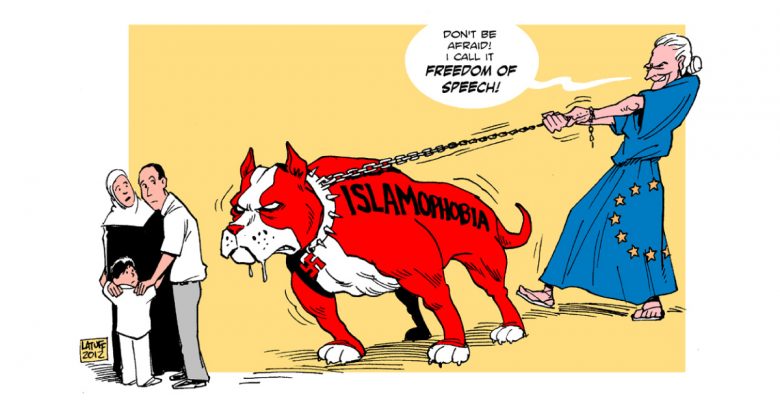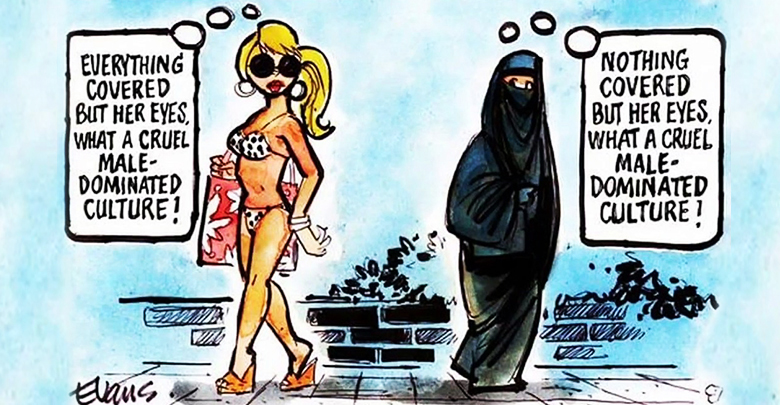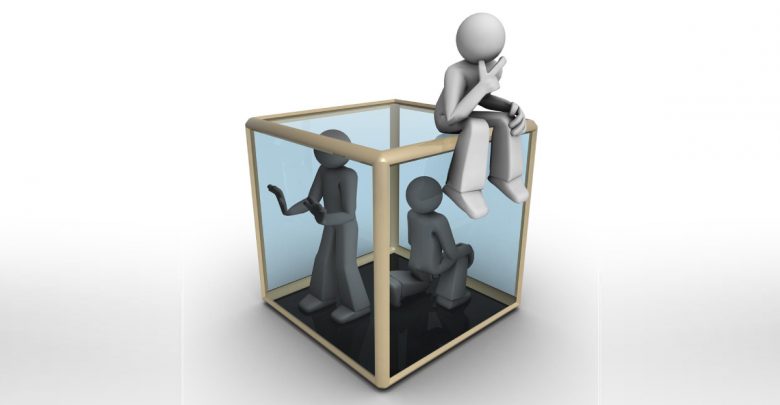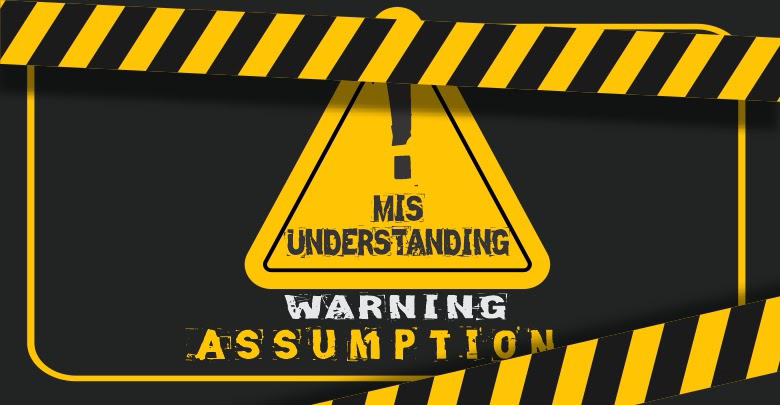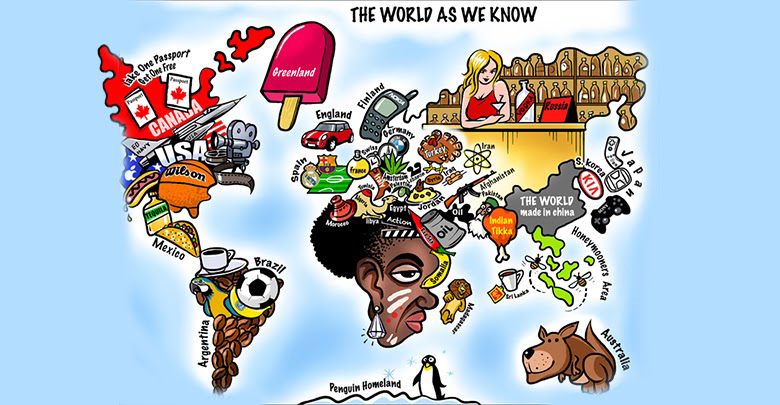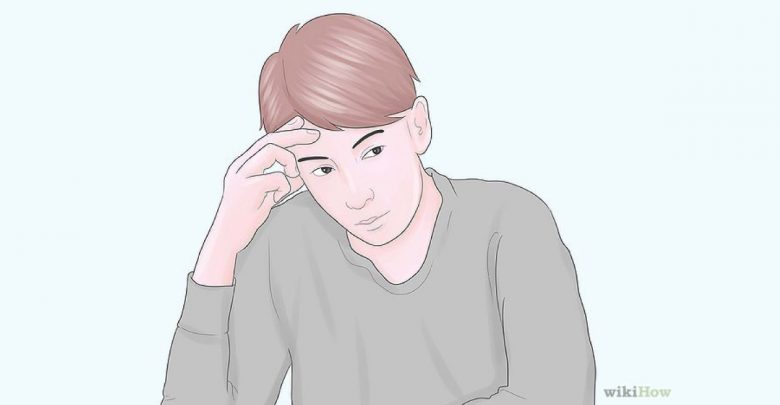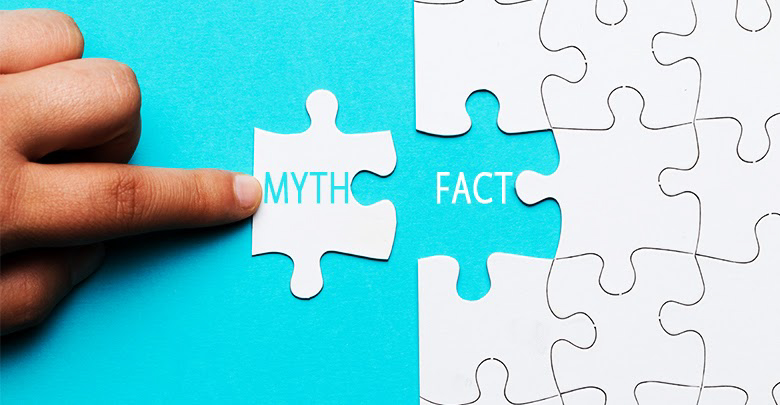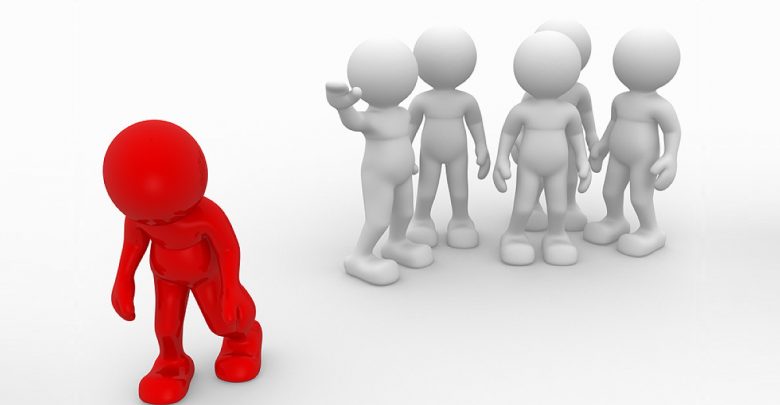Critically reflecting and distancing oneself from one’s own perceptions and stereotypical constructions of reality
Critically reflecting and distancing oneself from one’s own perceptions and stereotypical constructions of reality
-
Why did I choose this tool? (same as part 1) Having a European nationality but not having actually lived in Europe very much, I had quite a utopic view of Europe as a place where there is equality, peace, and justice. However, my experiences trying to live in Europe while engaged to an Iraqi Muslim have shown me the darker…
Read More » -
Why did I choose this tool? Having a European nationality but not having actually lived in Europe very much, I had quite a utopic view of Europe as a place where there is equality, peace, and justice. However, my experiences trying to live in Europe while engaged to an Iraqi Muslim have shown me the darker side of Europe, one…
Read More » -
The task of addressing cultural differences and clashes might be simple, but it is not easy. Therefore, I will try to utilize tools of innovation in the intercultural context in an attempt to find innovative ways to address these common issues. Can you drop an egg from a tall building on solid ground without breaking it? A usual experiment in…
Read More » -
Why did I choose this tool? This tool gives us the chance to delve deeper into the concept of culture; to see some common but inadequate conceptions about culture; to increase our ability to understand other people and to “get to the heart of the matter” rather than judging by what we seem to see on the surface; and generally,…
Read More » -
Why did I choose this tool? This topic is very close to my heart, as I have been through major paradigm shifts and changing beliefs more than once in my lifetime. Because of this I fully understand what would cause someone to hold on tightly to their beliefs even when they are wrong, what would cause a change to happen,…
Read More » -
Why did I choose this tool? I believe that rather than trying to fight stereotypes, it is best to understand what they are and why we are so prone to them. This will give us the understanding we need to teach ourselves and others to make conscious decisions when the situation requires it rather than automatic ones. How does this…
Read More » -
Why did I choose this tool? It is a clear step by step approach to developing critical thinking skills. How does this apply to being a trainer? Dealing with concepts, beliefs, multicultural environments and differing worldviews is challenging. It requires the ability to be certain and confident about what we think and what we believe, while at the same time…
Read More » -
Why did I choose this tool? Since the process of expanding one’s worldview, reflecting on and shifting stereotypical constructions of reality is a very personal one it can be helpful to have a personal account of how someone was able to accomplish this and what the process was like for them. While open-mindedness can seem like a given in some…
Read More » -
Why did I choose this tool? For a large portion of my life, I was living a lie. Yet it was a lie that I completely believed to be true, and one that affected every single aspect of my life. Every time I tried to use logic to understand what was going on, my logical reasoning was shut down by…
Read More » -
Why did I choose this tool? While there is a lot of material about otherism: where it comes from, its political function, why is it historically relevant and what negative effects we see because of it, there is less directly addressing how we can fight otherism. More important is how to do this, not as governments, institutions or even organizations…
Read More »
